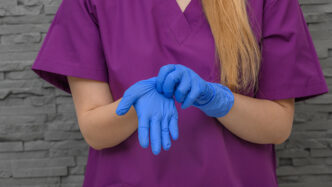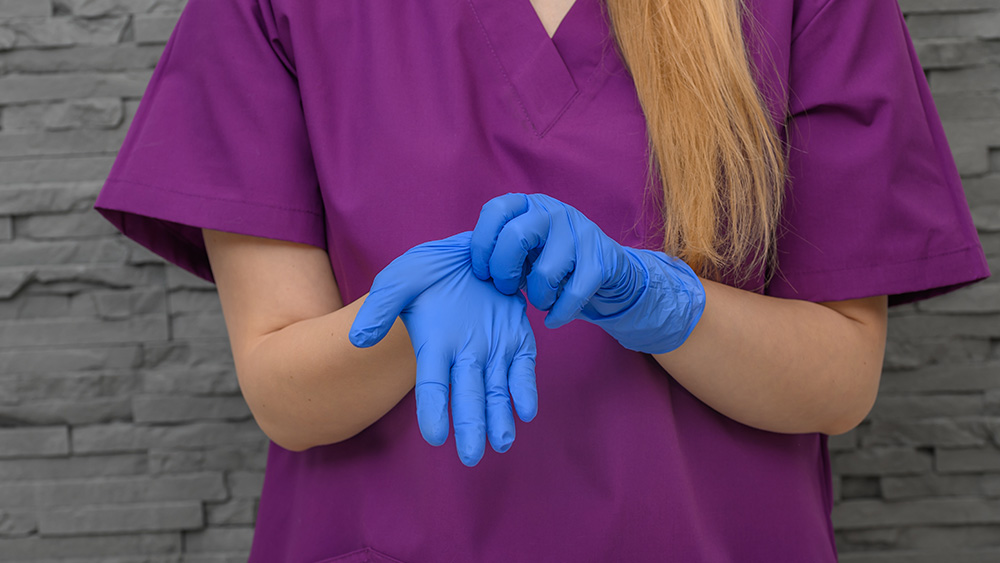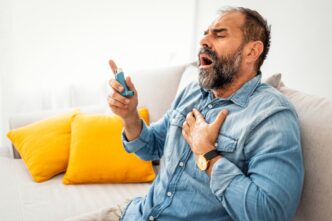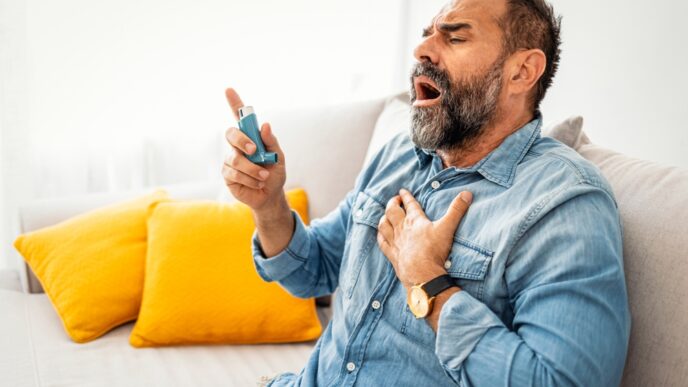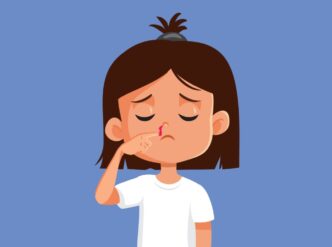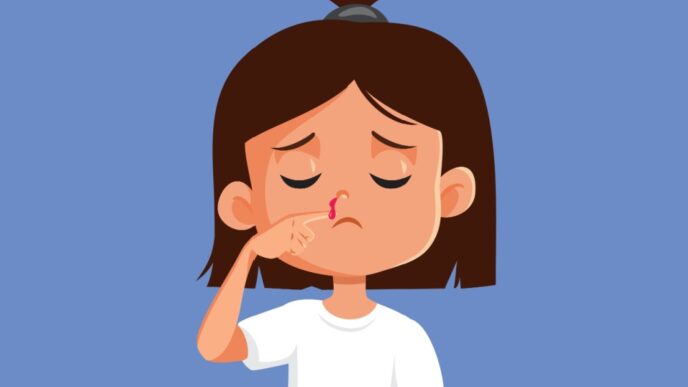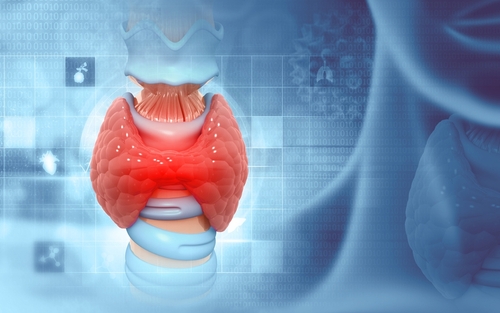Colonoscopy may sound intimidating — think awkward prep, strange tubes, and uncomfortable questions. Don’t worry! Consultant gastroenterologist Dr Shanthi Palaniappan will explain each step honestly and demystify the process. With the right info, what seems scary can actually feel manageable and even “no big deal lah”!
WORDS LIM TECK CHOON
 FEATURED EXPERT FEATURED EXPERTDR SHANTHI PALANIAPPAN Consultant Gastroenterologist and Hepatologist Pantai Hospital Kuala Lumpur |
Just mention ‘colonoscopy’ and many people will immediately think of a tube being inserted up one’s rectum – or ‘the back door’.
“Well, I won’t disagree with that definition,” Dr Shanthi Palaniappan tells us with a laugh.
- She explains that the tube is actually a flexible and thin device called a colonoscope.
- From the rectum, it can travel up the entire length of the colon.
- Modern advances have produced increasingly thinner and more flexible tubes, allowing for less discomfort and pain to the patient.
POPULAR BELIEF 1
Colonoscopy Is Only Used to See What Is Happening Down There
FALSE.
- The colonoscope has a camera fixed to it to send pictures to a screen and allow the doctor to view the inside of your rectum and colon.
- This is useful for detecting abnormalities such as ulcers, polyps.
- More advanced cameras can provide a complete 360° view, allowing the doctor a really good view indeed
But there is more.
- Dr Shanthi explains that, nowadays, we can even remove any abnormal tissue or collect tissue samples for further examination during a colonoscopy session.
POPULAR BELIEF 2
Colonoscopy Can Be Uncomfortable
TRUE.
- Dr Shanthi says that a certain degree of discomfort is usually unavoidable.
- However, you will normally be sedated to reduce the degree of discomfort.
“In fact, often, patients just ‘go out’ before the procedure begins, and when they regain consciousness, the procedure has been completed and they do not remember anything about it,” Dr Shanthi explains.
POPULAR BELIEF 3
There Is a Risk of Bleeding and Tearing
TRUE, but do not panic!
- “The risk is about 1-in-500,” says Dr Shanthi, “so it’s not a common risk.”
- Bleeding and tearing can happen because the lining of the colon can be tender, especially
when there is an ulcer or other problems. - “If excessive bleeding does occur during the procedure, then the doctor normally will use methods such as injecting medicines or clipping the bleeding vessel to circumvent the bleed,” she adds.
POPULAR BELIEF 4
One Has to Drink a Large Amount of Unpleasant-tasting Liquid Before Undergoing a Colonoscopy
TRUE.
- While very few people will claim that it is delicious, Dr Shanthi explains that the liquid, called
colon prep, can come in flavours such as orange to improve the taste. - You will not have to drink everything in one go.
- Instead, you will be advised to drink a cup at given intervals leading up to your
colonoscopy session.
The colon prep is necessary to clean the colon and allow the doctor to get a clear view during the colonoscopy.
Therefore, you will be going to the toilet often after drinking the fluid, and your stool will be soft and loose.
POPULAR BELIEF 5
Coloscopy Results Are Accurate
TRUE.
- Dr Shanthi explains that there are other ways to diagnose possible abnormalities in the colon, but colonoscopy is the only method currently that allows the doctor to see the actual lining (mucosa) of the colon.
- Given its accuracy and its ability to allow the doctor to extract suspicious tissue samples in one session, the colonoscopy is the ideal front-line go-to diagnostic method.
- It is certainly cheaper than having to undergo several different diagnostic tests, and less time consuming too.
POPULAR BELIEF 6
One Has to Stay in the Hospital for a While After a Colonoscopy
FALSE.
- You can go home shortly after a colonoscopy.
- However, you may still experience some after-effects of being sedated, so you should not drive yourself home.
- Dr Shanthi suggests arranging beforehand to have someone take you home after the colonoscopy.
POPULAR BELIEF 7
One Only Need a Colonoscopy When Something Is Clearly Wrong Down There
FALSE.
- Screening colonoscopy is recommended for people over 50, to screen for colorectal cancer, once every 10 years.
- Because colorectal cancer usually shows no symptoms until it has reached an advanced stage, screening is important to detect the cancer at its early stage.
|
| This article is part of our series on science-based innovations in detection and treatment of cancer and other unusual changes in the body. |

